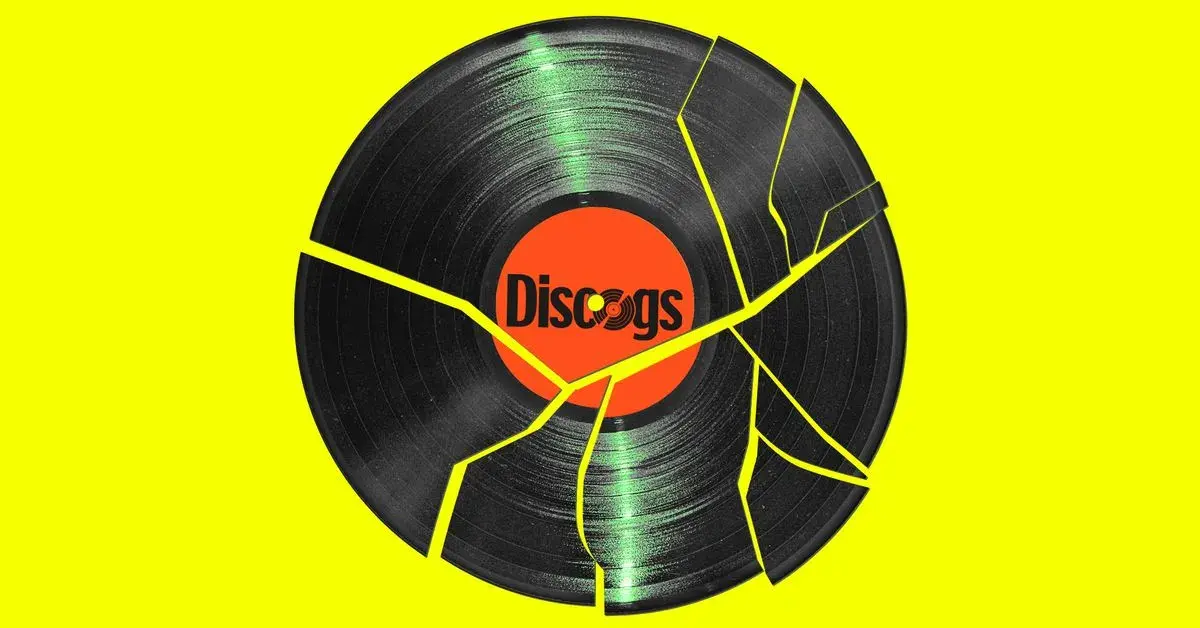- cross-posted to:
- technology@lemmy.ml
- cross-posted to:
- technology@lemmy.ml
🤖 I’m a bot that provides automatic summaries for articles:
Click here to see the summary
What was initially conceived of as something of a Wikipedia for recorded music — although, founded in 2000 by Intel programmer Kevin Lewandowski, it predates the encyclopedia site by a few months — hasn’t changed a great deal since its conception, besides the introduction of the marketplace in the mid-aughts.
Discogs is a fairly clunky, definitely old-fashioned website devoted to even older technology: a vestige of an earlier, more idyllic internet that has spent the last decade walking the record-needle-thin line between 2020s algorithmically driven tech monolith and niche unprofitable obscurity.
“I’ve made my living with this company for the past decade,” says a Connecticut seller who also does the majority of his business on Discogs and requested anonymity for the same reasons.
Underlying the sellers’ complaints is a kind of dismay, the feeling that what had previously been a safe haven for nerds to buy and sell $2 records is being threatened — that one more corner of the internet that wasn’t yet a glossy behemoth designed to subsume and capitalize on your personal information was about to collapse.
The tension between Discogs’ old-internet charm and its attempts at growth came to a head earlier this summer around a since-deleted viral Twitter thread by artist and label head Mike Simonetti lamenting “the fall of discogs.” Simonetti sounded the alarm about increasing fees and subsequently increasing prices, a growing influx of scammers, rising shipping costs, and the dysfunction of the website itself, among other issues.
Discogs, hopefully, will not become the latest in a long line of formerly useful sites; for the moment, though, sellers feel alienated by the small company they once viewed as an ally in an optimistic mission to share knowledge about music.
Saved 88% of original text.



